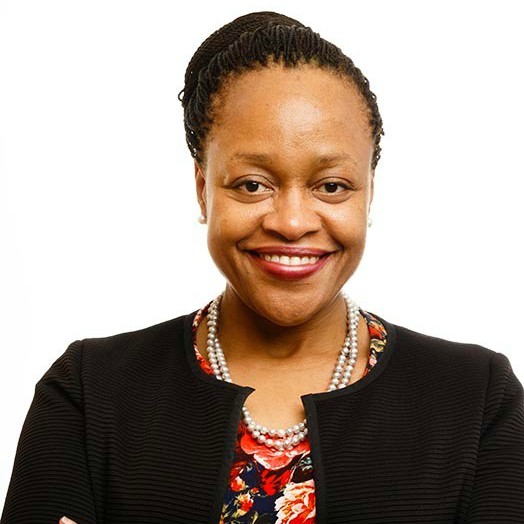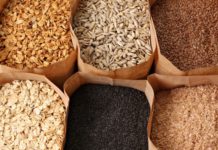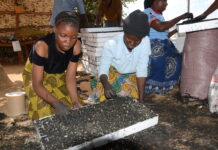A national of Tanzania, Sara Mbago-Bhunu, IFAD’s director for the Eastern and Southern Africa Division, is among twenty-two renowned experts from across the Global South who are joining a major new Commission on Sustainable Agriculture Intensification (CoSAI). These scientists, experts and decision-makers are serving as CoSAI Commissioners to collect and assess evidence to accelerate the urgently needed transformation of agriculture.
Initiated by the CGIAR Research Program on Water, Land and Ecosystems (WLE), CoSAI will work over 18 months to guide investments in agricultural innovation. Mbago-Bhunu brings to the commission more than 20 years’ experience in the agricultural sector in Central, East and Southern Africa.
Progress toward feeding growing global populations, while protecting the natural environment is behind schedule, according to a major recent study that calls for a “ruthless focus” on solutions. It follows a growing body of evidence on the imperative need to improve food security and nutrition, protect biodiversity, reduce poverty and bolster climate resilience.
In response to these challenges, CoSAI commissioners are setting out to fill persistent evidence gaps to support policy-makers and private sector investors to boost investments in innovation and accelerate progress toward sustainable intensification of agriculture (SAI). Their efforts will complement insights derived from past commissions and studies on agriculture, food and the environment.
“Our 22 newly appointed commissioners include some of the most eminent experts and decision-makers from Africa, Asia and Latin America,” said Dr. Ruben Echeverría, chair of CoSAI. “They are uniquely placed to bring to light the challenges the Global South is facing in developing and adopting innovations that can help meet our food needs, whilst regenerating the natural environment.”
In many parts of the Global South, demand for food is quickly rising, resources are limited and external shocks – such as from extreme climate events – have become increasingly common.
“We must listen to small-scale farming communities, operators of small and medium enterprises and others engaged in agriculture and food systems to understand how the pandemic has impacted them, so that we can introduce smart solutions at the local level to mitigate these effects and strengthen their resilience, now and in the future,” said Mbago-Bhunu, IFAD, Director East and Southern Africa.
The CoSAI Commissioners will follow a process of “open inquiry” – a process that will call upon a wide range of input – from farmer organizations to policy-makers, researchers, civil society and leading thinkers – to share their solutions to these big challenges, and debate the practicalities of implementation, taking a Global South lens.
The process aims to give more oxygen to some of the big practical questions in implementing sustainable agriculture intensification and spotlight some of the impressive work already generated in this field. CoSAI will also commission studies to fill in knowledge gaps, for example examining current investment flows supporting agricultural innovation for the Global South.
The results of CoSAI’s work will guide global and national decision makers to support approaches to innovation that boost food production and access, ensure natural environments thrive, and reduce poverty and inequality.
CoSAI will have its official launch in June, in a global web event, featuring prominent experts sharing their insights on the Global South’s food future.








